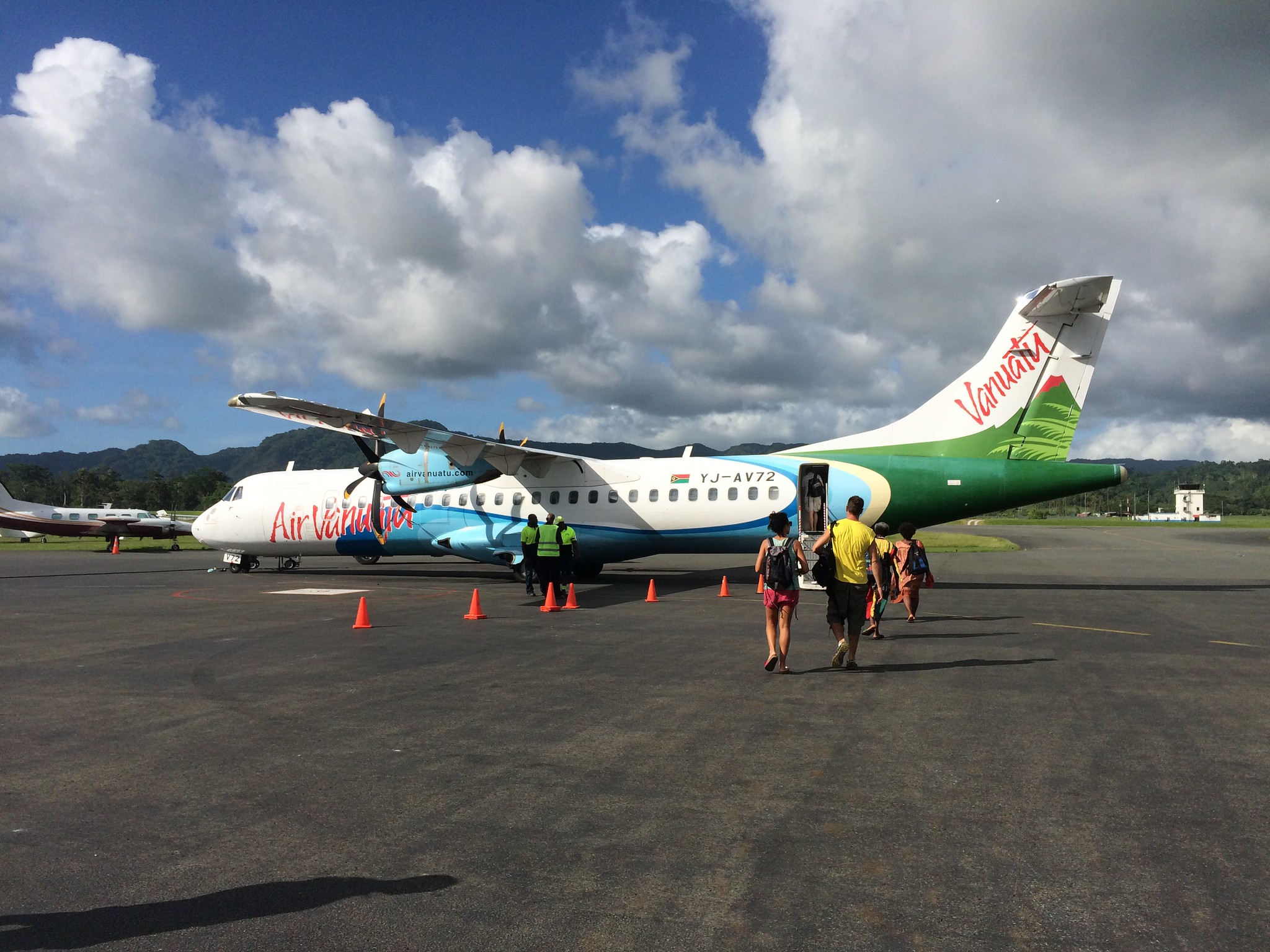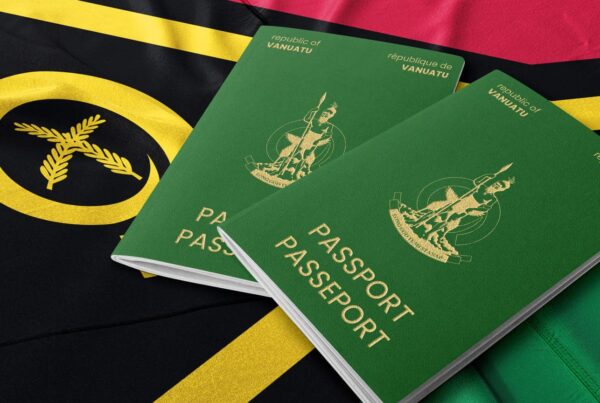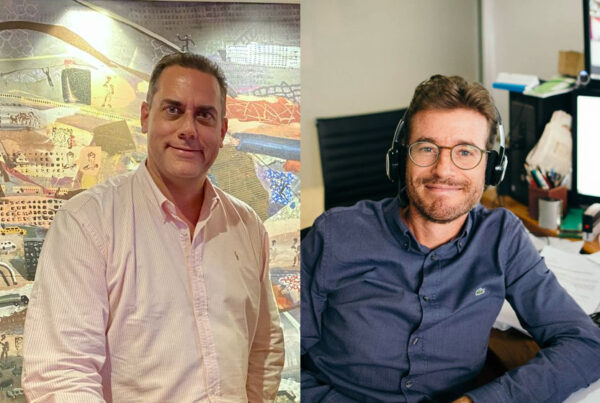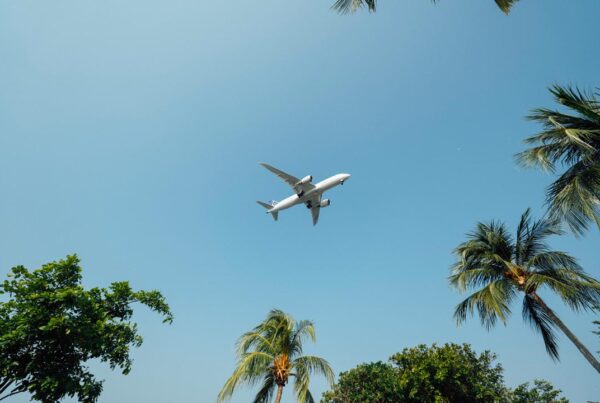By Christian Henrik Nesheim
In a series of four articles and a podcast episode published today, The Guardian has summarized the findings of what it says is a months-long investigation into the Vanuatu citizenship by investment program. Through freedom of information requests, the newspaper obtained the names of all 2,000-odd approved applicants from 2020. Having combed through the list and confirmed identities, The Guardian identified a handful of cases over which to raise eyebrows.
Most of the individuals highlighted in the articles The list includes:
- Two South African crypto-entrepreneurs who in April this year were accused of absconding with billions worth of cryptocurrencies, allegations they categorically deny. One of the two co-founders of crypto-trading platform Africrypt, who are also brothers, reportedly obtained ni-Vanuatu citizenship in October 2020, while the other received his in January this year. In both cases, the allegations only surfaced several months after their approval for citizenship.
- The Guardian also named Libya’s former prime minister, Fayez al-Sarraj, as among Vanuatu’s new citizens. According to the newspaper, the Prime Minister and his family gained citizenship in Vanuatu in January 2020, while he was still in office. Though the Guardian suggest no wrongdoing, it notes that he is plainly a Politically Exposed Person and that would, as such, be subject to enhanced scrutiny by Vanuatu’s Financial Intelligence Unit and likely unable to qualify under most other CIPs.
- A former Syrian governor is also included in reports. He is not accused of anything in particular. Syria is on Vanuatu’s banned nationalities list but – like in the Caribbean – exceptions are made for those who have been residents elsewhere for a number of years. In this case, the governor demonstrated he had held a residence permit in Lebanon for a full six years prior to applying for Vanuatu citizenship.
- An Italian businessman who is accused of extorting the Vatican (he denies the charges) also features in The Guardian’s list. A UK court granted the man conditional bail in May this year. The Guardian made no mention of when the individual had applied for citizenship in Vanuatu.
- A Syrian businessman who co-owns a number of companies sanctioned by the United States obtained ni-Vanuatu citizenship in January this year. Ronald Warsal, Chairman of the Citizenship Commission, told the newspaper that the man’s application “was lodged prior to sanctions on a number of his business and by the time his application came before the screening committee and the FIU there was no adverse finding against him and the commission approved his application.” The man in question had also submitted proof of residency outside Syria for five years prior to application.
- An Indian politician “embroiled in a multimillion-dollar cattle- and coal- smuggling case in western Bengal” received approval for ni-Vanuatu citizenship in November last year. No allegations of criminal activity had surfaced at the time of application.
- An Australian former member of a motorcycle club whose members have been involved in criminal activity also featured on the list as having received his Vanuatu passport in September last year. The individual is not wanted in relation to any crime and it was not immediately clear why he was included in the report.
- A former Australian fund manager named Zhou Xiang Huang who reportedly fled Australia in July 2020 is also named. The Guardian maintains that he got his Vanuatu citizenship in May 2020, i.e. before he became a wanted person.
- A former Turkish banking magnate, who was convicted for embezzlement in 2013 and for harboring a fugitive in 2011, years before applying to Vanuatu’s CIP. Speaking to the journalists, the head of Vanuatu’s CIU said they had uncovered nothing untoward about the man from its databases and that there were no Interpol notices about the banker when it approved his application in January last year.
With the exception of the latter instance, The Guardian’s list of individuals demonstrates no glaringly negligent approvals on the part of the FIU and Citizenship Commission. In similar reports from the same newspaper in the past, most cases highlighted as “disconcerting” have been related to investor migrants who turned out to be criminals after their citizenship approvals. This magazine has argued in the past that CIUs can’t be expected to reject applicants whose alleged crimes are not yet known.
“I don’t expect these revelations to have a negative impact on demand,” said Georg Chmiel, Executive Chairman of Juwai IQI upon learning of the story. “The authorities are explicit about the fact that they have the right to revoke investment migrants’ citizenship, even after they have a Vanuatu passport. One reason that Vanuatu cannot charge more for investment migration is because of this risk.”
Most CBI jurisdictions reserve the right to revoke citizenships where misdeeds are uncovered post-hoc. Indeed, just two years ago, Vanuatu revoked the citizenships of four Chinese nationals wanted by China over a crypto-currency scam. The move was widely criticized for having circumvented the conventional legal proceedings usually involved in revocations.
In 2018, Saint Lucia revoked the recently approved citizenships of six named applicants because of what the government said were acts they had committed that would harm the country’s reputation.
Upon receiving the list of salient cases from the Guardian this week, Vanuatu’s FIU promised to review the individuals in question, which could lead to revocations.
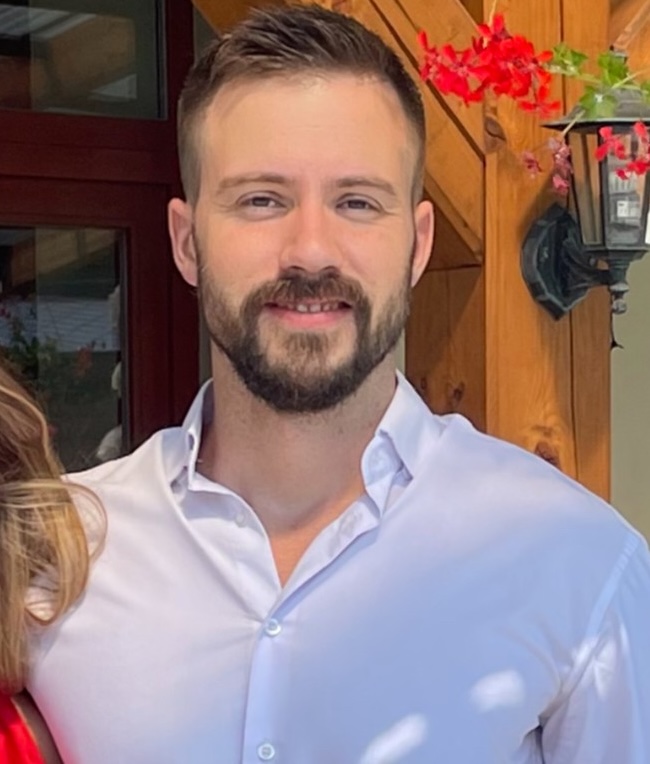
Christian Henrik Nesheim is the founder and editor of Investment Migration Insider, the #1 magazine – online or offline – for residency and citizenship by investment. He is an internationally recognized expert, speaker, documentary producer, and writer on the subject of investment migration, whose work is cited in the Economist, Bloomberg, Fortune, Forbes, Newsweek, and Business Insider. Norwegian by birth, Christian has spent the last 16 years in the United States, China, Spain, and Portugal.


